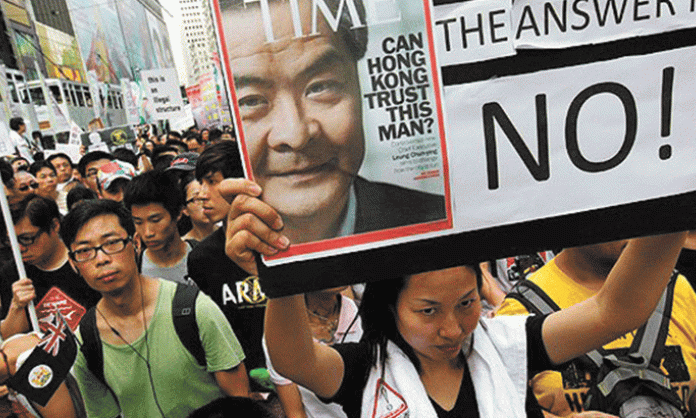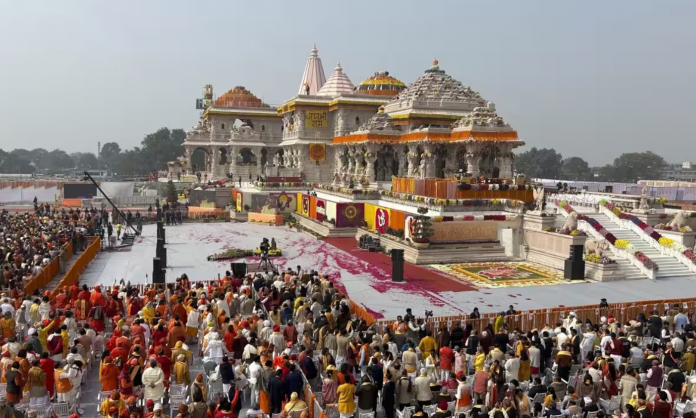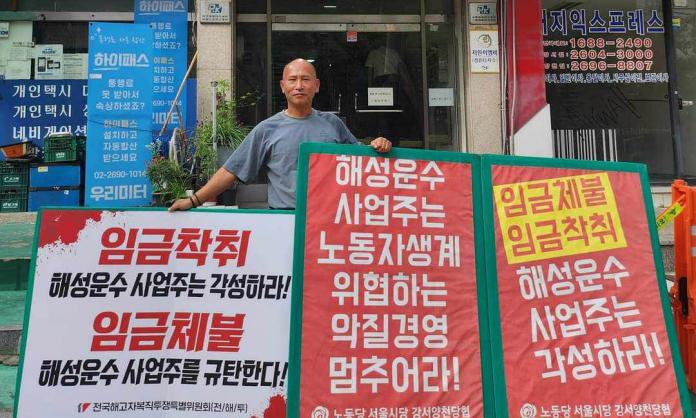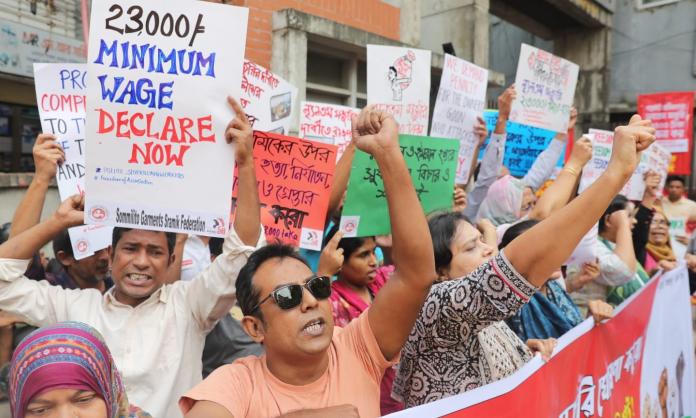Over the last few months, Hong Kong has been shaken by two immense struggles. First there was a momentous 40-day strike involving hundreds of crane operators and stevedores inside the Kwai Tsing Container Terminal, the world’s busiest container port. The workers won a 9.8 percent wage rise in early May, and the support of thousands across the city for their largely successful fight.
Now there has been an explosion of pro-democratic protest involving more than 400,000, according to organisers of a 1 July demonstration against the government.
Only 40 of 70 legislative council seats in Hong Kong are directly elected by the people. The other 30 are almost entirely business representatives. Business also dominates the appointment of the island’s chief executive. China has pledged to change the system no earlier than 2017.
But residents of the special administrative region have become frustrated with the arrangement. Every year the 1 July march is held to demand democratic rights – including workers’ rights, minority rights and freedom of speech, as well as to call for full universal suffrage.
Prior to this year’s demonstration, Red Flag’s Sid Zoichi spoke with Sophia Chan, an activist with Left 21, a diverse organisation established in 2010, about the new mood on the island.
Can you tell us the general situation of the Hong Kong left today?
The situation of the Hong Kong left is better in recent years. People in Hong Kong have always been especially sensitive towards left wing ideas due to the fact that most of the earlier generation were refugees from the mainland who had fled to Hong Kong to escape the political and social turmoil inflicted by the Chinese Communist Party.
But with increasing economic inequality (we are ranked no. 1 on the Gini coefficient amongst developed cities around the world) as well as the worsening social conditions in areas such as housing and education, Hong Kong people, especially young people, are increasingly disillusioned by the capitalist rhetoric of social mobility and life improvement.
Currently, some of the most contentious issues that have attracted more young people to left wing ideas include increasing government corruption under our chief executive Chun-Ying Leung, the push for a universal retirement scheme, the lack of labour protection legislation such as collective bargaining rights and maximum working hours and so on.
The dockers’ strike was the largest industrial action in Hong Kong in recent years. Can you tell us about the Hong Kong labour movement and what the strike represented?
The dockers’ strike was indeed the largest industrial action in recent years. Labour movements in Hong Kong have generally been unpopular with the public and find it difficult to gain momentum. Union rights are extremely weak – without collective bargaining rights, so owners of capital can simply ignore workers who band together to make demands.
The dock workers’ strike was historic because there was media attention and public support on an unprecedented scale. The strike managed to get public donations of more than HK$8 million (approx. US$1 million) in 40 days, and student organisations, both in high schools and colleges, actively volunteered in donation campaigns.
Civil society and members of the public were mobilised to attend demonstrations and rallies in support of the striking workers. All mainstream media organisations put news of the strike in the headlines for many days until it was over.
For the workers, this was also a significant moment of political re-engagement, and after the strike these workers have continued participating in other political events such as the 1 July demonstration to demand collective bargaining rights. All of this, we believe, indicates a significant shift to the left in Hong Kong’s civil society.The outcome of the strike was not a total victory. The company did not recognise the legitimacy of the trade union, and did not concede the full demands of the workers. But the 9.8 percent salary raise undoubtedly marks an improvement for the workers, and after the strike, working conditions have also improved to an extent.
Most importantly, the dock workers now see collective action as a real possibility to fight against economic injustice and oppression, and civil society has also become more vigilant towards instances of social injustice that workers face on a daily basis.
Throughout the strike, Left 21 played a supporting role to the trade union and the workers. Thanks to the union, we were informed of the industrial action before it began and were able to plan supportive action right from the start.
Our work included persuading workers to join the trade union; mobilising activist groups, student organisations and civil society in general to participate in activities to support the strike; organising rallies and demonstrations in support of the workers; setting up daily donation booths in different parts of Hong Kong; writing op-eds and articles to media outlets to explain the motivation and the latest developments of the strike, as well as to educate the public on its ideological basis and principles; and setting up a volunteer system for students to assist in strike-related activities.
We learned a lot from our role as a supporter of the union and the link between the public and the strike. As a left wing organisation, we participated in union meetings and gave our opinion on both strategy and goals, but ultimately we respected the union and the workers’ decisions as the only final and legitimate ones, and acted to support those decisions.
What is the relationship between the political movements in Hong Kong and the Chinese mainland?
Hong Kong will undoubtedly play a crucial role in political change in China. Our city has traditionally been the hotbed of revolutionaries, from Sun Yat-Sen to the many 4 June leaders who fled to Hong Kong after the Tiananmen massacre.
Even if we do not play such a dramatic role in the future, Hong Kong is, as of today, the only place in China where people can openly criticise and reject the one-party state system and advocate for democracy.
Right now, an innovative campaign dubbed “Occupy Central” is under preparation. Launched by a law professor at the University of Hong Kong, this campaign for democracy has successfully garnered the support of political parties and many major groups and organisations in civil society.
The campaign, with different stages of public discussion on democracy and political change, culminating in an act of civil disobedience if Beijing refuses to allow for a truly democratic political system in Hong Kong, realises the ideals of deliberative democracy.
Left 21 will continue to work to bring the ideas of both political and economic democracy and equality to these historic events that are soon to happen in Hong Kong and China.










